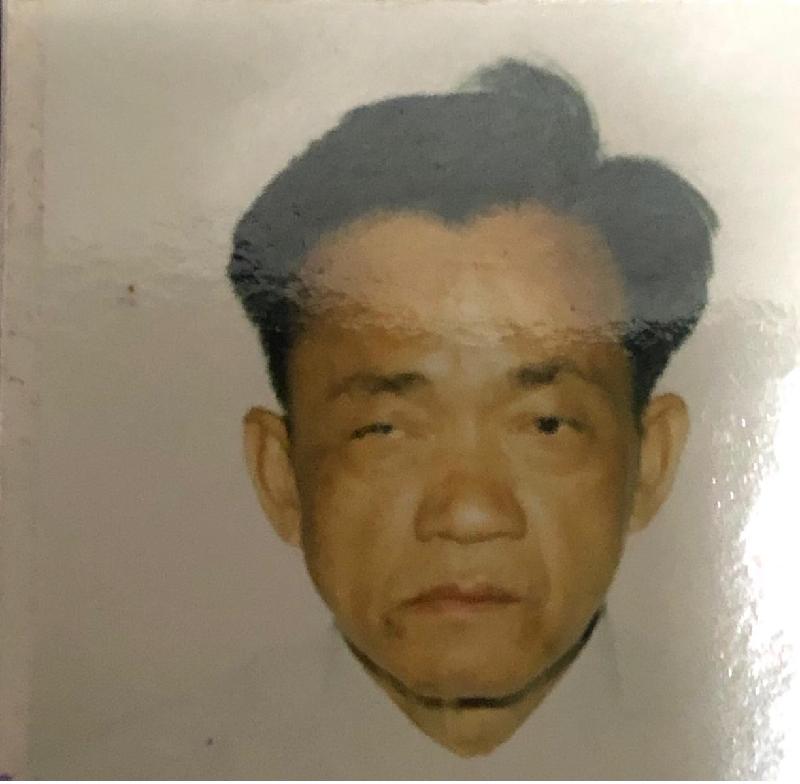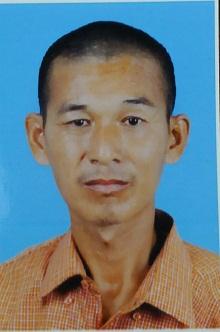Speech by CE at HKSARG’s Celebration of the 40th Anniversary of the Reform and Opening Up of the Country: ‘Joint Development·Shared Prosperity’ Exhibition
Following is the speech by the Chief Executive, Mrs Carrie Lam, at the opening ceremony of the "HKSARG's Celebration of the 40th Anniversary of the Reform and Opening Up of the Country: 'Joint Development.Shared Prosperity' Exhibition" today (December 11):
Consuls general, distinguished guests, ladies and gentlemen,
Welcome to this exhibition celebrating the 40th anniversary of China’s reform and opening up. The exhibition spotlights Hong Kong’s unique position as both an enabler and beneficiary of our country’s miraculous transformation.
Forty years ago, Hong Kong's pioneering business community of local and international entrepreneurs were among the first to invest their capital, expertise and ideas in the Mainland, and in the process successfully grew their own business and contributed to Hong Kong’s transition to a service economy.
Today, Hong Kong's global outlook and international connectivity will provide the gateway for Mainland enterprises to explore a world of opportunities as they progress to their next stage of development.
This exhibition traces the remarkable journey of our country and our city, a journey of exploration and collaboration not just in business and finance, but also in culture, sports and much more.
As a Special Administrative Region of the People’s Republic of China under the principle of "One Country, Two Systems", we continue to strengthen the advantages as our country’s premier hub for international business and finance, with new opportunities including the Guangdong-Hong Kong-Macao Greater Bay Area and the Belt and Road Initiative emerging. With an outward-looking tradition and a cosmopolitan culture, Hong Kong will continue to connect and excel, seizing the many opportunities available to us as our country deepens its reform and opening up.
Ladies and gentlemen, anniversaries should look to the future as well as the past. I am confident that, working together, Hong Kong's best has yet to come. Please enjoy the exhibition.
Thank you very much.



